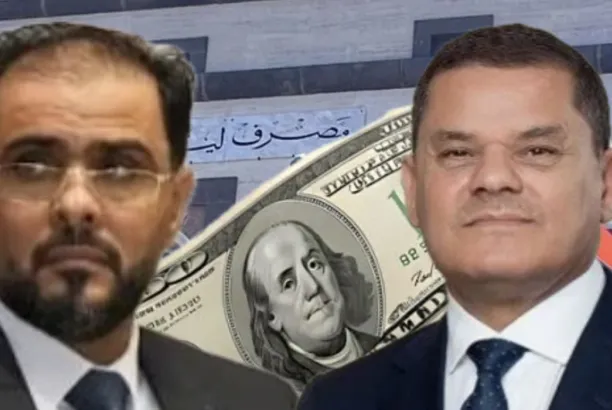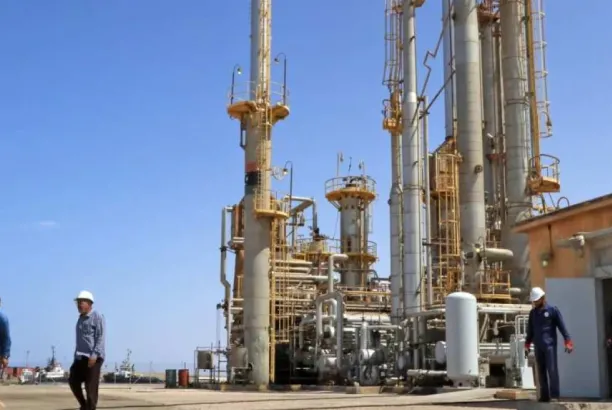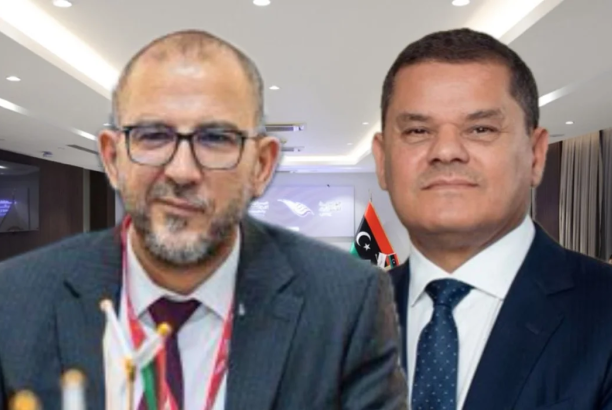
| Reports
Addressing Exchange Rates, Economic and Banking Conditions: IMF Issues Key Statement on Meetings with the Central Bank of Libya and Recommendations
The International Monetary Fund (IMF) welcomed the agreement to resolve the leadership dispute at the Central Bank of Libya (CBL) and expressed its support for the bank’s efforts to facilitate access to foreign currency and alleviate local currency shortages.
The IMF emphasized the importance of Libyan authorities agreeing on spending priorities through a unified budget for 2025.
A team led by Mr. Dmitry Gershenson visited Tunis from December 2-6 to discuss Libya’s recent economic developments, macroeconomic forecasts, and policy priorities.
Mr. Gershenson stated that the September resolution of the CBL leadership dispute, supported by UNSMIL and other international partners, marks a significant step forward. A new governor and board were appointed, ending a decade of deadlock.
The IMF noted the need for structured leadership transitions to enhance stability and governance and welcomed continued collaboration with the CBL and other authorities.
The team discussed Libya’s macroeconomic adjustments following disruptions in oil production during August and September. GDP growth and financial projections for 2024 were revised downward, but 2025 growth is expected to rebound with increased oil production.
The IMF highlighted the risks of lower oil prices and political tensions, stressing the need for a unified budget for 2025. Fiscal discipline remains a priority, as outlined in the Article IV Consultation Report for 2024.
Efforts to modernize monetary policy tools were also discussed to improve the CBL’s role in managing the foreign exchange market. Key steps included reducing the foreign exchange tax, expanding personal allowances, and narrowing the gap between official and parallel exchange rates.
The IMF praised the CBL’s measures to address currency shortages by injecting liquidity and promoting electronic payment services. Structural and subsidy reforms, including energy subsidy adjustments, were highlighted as essential for diversifying Libya’s economy and supporting long-term growth.
The IMF also commended progress in governance, AML/CFT frameworks, and data collection. It reiterated its commitment to providing technical assistance in areas like tax policy, budget preparation, and monetary policy.
The next Article IV mission is planned for April 2025.





